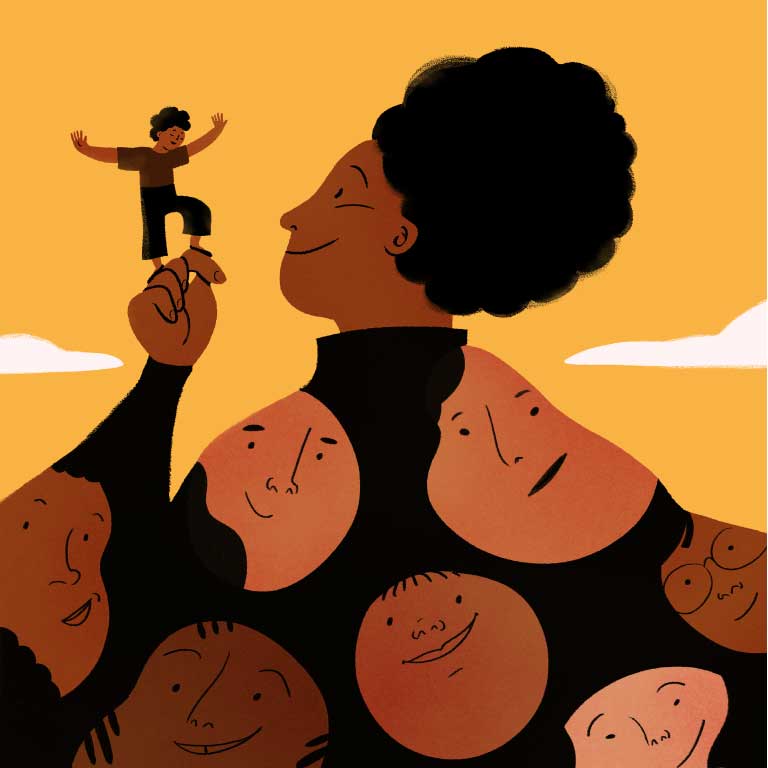Inclusive School Environment



Social inclusion at school; some youth feel a higher need than others. But fundamentally, all youth should feel welcomed and valued in their school. Especially during breaks, before or after classes, it’s important to be able to connect with peers. For some youth, these contacts come less easily, e.g. those with less access to their social environment, such as autistic or deaf youth. In fact, some might even become reluctant to go to school if they miss a sense of belonging and feeling that the school is also their school. In this project we focus on playgrounds, schoolyards, canteens and hallways. The places where youth meet and socialize.
Funded by NWO LDE Centre for BOLD Cities eScience center and Leiden-Delft-Erasmus (LDE) our projects are multidisciplinary in nature and promote innovative changes to the urban environment such as school infrastructure, to facilitate modes for youth with special needs to interact with peers, and to increase awareness of diversity and inclusion. To this end, this project is a collaboration between psychology, psychiatry, architecture, computer science, and governance. See different disciplines outlined below.
Smart Monitoring
Modern sensing technology is developed, complementary on observations and questionnaires, to measure social participation, and to evaluate interventions. These sensors can be clipped on a child’s coat or shirt. Read more about the sensors on this link.
In the media
Read this newsitem on the study in which we tested an intervention at the playground, showing "the rich get richer". Based on these outcomes we are now developing and testing alternative intervention that will enhance social cohesion also for the more vulnerable children.
Key publications
- Eichengreen,A., Tsou Y.-T., Nasri, M., van Klaveren, L.M., Li, B., Koutamanis, A.,Baratchi, M., Blijd-Hoogewys, E., Kok, J., & Rieffe, C. (2023, in press). Social connectedness at the playground before and after COVID-19 school closure. Journal of Applied Developmental Psychology.
- Eichengreen,A., Van Rooijen, M., Van Klaveren, L.M., Nasri, M., Tsou, Y.T., Koutamanis, A.,Baratchi, M., & Rieffe, C. (in press). The impact of loose-parts-play on schoolyard social participation of children with and without disabilities: A case study. Child: Care, Health & Development.
People involved
Psychology - Carolien Rieffe, Adva Eichengreen, Brenda Sousa da Silva, Yung-Ting Tsou, Boya Li, Kexin Liu, Jiayin Zhao (University of Twente / Leiden University), Guida Veiga (University of Evora).
Computer Science - Mitra Baratchi, Maedeh Nasri (Leiden University), Dennis Reidsma, Joost Kok, Robby van Delden (University of Twente)
Architecture - Alexander Koutamanis (TU Delft), Islam Bouzguenda (UTwente)
Child Psychiatry - Robert Vermeiren (LUMC-Curium), Els Blijd-Hoogewys, Salima Kamp, Floor Stehouwer (INTER-PSY).
Governance - Sarah Giest (Governance, Leiden University), Ellen Starke (School Alliances Amsterdam).
Stakeholders organizations - NVA (Dutch National Autism Organisation), AWA (Academic Workplace Autism).






